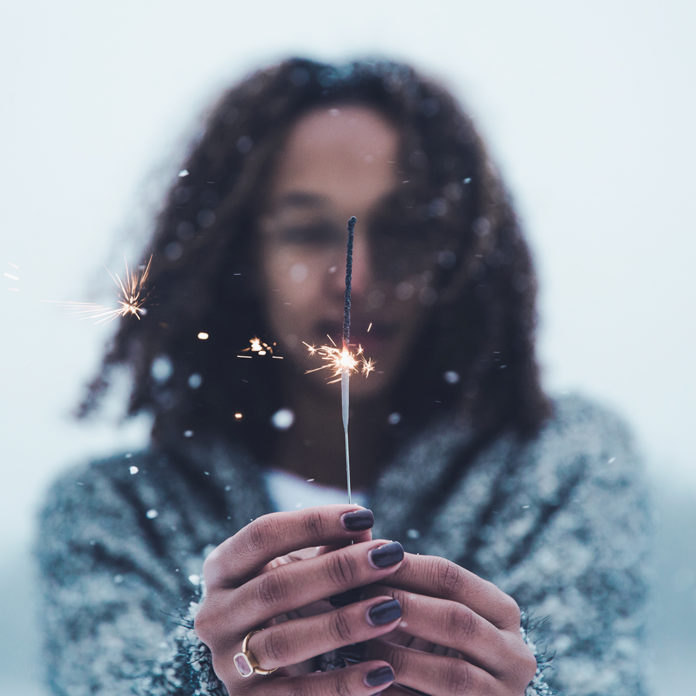
‘Everyone in South Africa is always a human and a symbol at the same time.’
That was a comment someone made last night in the Q and A time we had after watching Ameera Conrad’s excellent play, ‘Reparation’.
They were discussing the complexity of race and the make up of a human being and how fitting into one category doesn’t necessarily remove you from another. Which I think is something most of us don’t realise. It was certainly an eye opener for me last night just heard it being said out loud.
THE TENSIONS WE CARRY
Typically life demands that we carry certain things in tension all the time. Things which seem to contradict and yet have to be held together because there is no separating them. So I am a son to my parents and I am a brother to my sisters but I am also a husband to my wife. Those are all man roles and yet all very different and require different things of me and sometimes those roles might overlap or contradict. At those times some juggling has to happen.
If you start examining privilege, then these things start to increase almost exponentionally. So I am a male in a largely patriarchal society (and let’s be honest, world) but then I am also a white male in a country where white is the minority but also used to be the oppressive ruling power. Layers upon layers.
Who I am and how I live is the most important thing. I can’t personally allow myself to be defined by those labels BUT at the same time, I am being defined by those labels every day. That’s where the symbolism comes in.
SYMBOLS WRAPPED AROUND HUMANS
I might be a really great guy. I might be someone who completely is against the patriarchal ‘Men run things – women bring them coffee’ mentality and way of doing things. But when a woman sees me outside of any kind of context or relationship, I represent a symbol of something that might have been very painful to her.
The symbol of a man might represent a silencing of her voice, an abuse of power, a sexual harrassment (or many), a distant father, someone picked for a role she is more capable of doing and so on. Before I am me, I will be seen as a man. I will be viewed as that symbol.
Same with race. I might be someone who is fighting for racial unity, who is protesting against systems and structures that 21 plus years later on in my home country of South Africa’s story still seem to be funneling towards whiteness. I might be completely fluent in a black African language and I might be in deep relationships with people of other colour and background to myself.
But the symbol of whiteness that I represent might also mean a silencing of someone’s voice, it might mean a pain towards their parents, it might be an attitude of superiority and a weakening of identity, it could be the symbol of oppression, of horrific words spoken or actions done. Before I am me, I will be seen as white. That symbol will be me.
THE IMPOSSIBLE DIVORCE
Among other areas of privilege I represent are being able-bodied, heterosexual, of the dominant religion in my country and I’m sure there might be more.
I cannot just stop being a man or white or able-bodied, heterosexual or Christian. Nor do I need to. But it can be helpful to be aware of them. When I meet someone for the first time, to realise the messages that I might be sending silently simply by being me. To understand when people show animosity towards me without getting a chance to get to know me, that it might be some of the things I symbolise that get in the way.
Once we realise that we are both human and symbol, then we can begin a journey of healing. As I said, the solution is not necessarily to get rid of the symbol and often we can’t. But it might be finding new ways of redeeming the symbol – working against the negative stereotype or history and presenting the best of that part of us.
What do you think? Is this something you have ever noticed in your own life?
